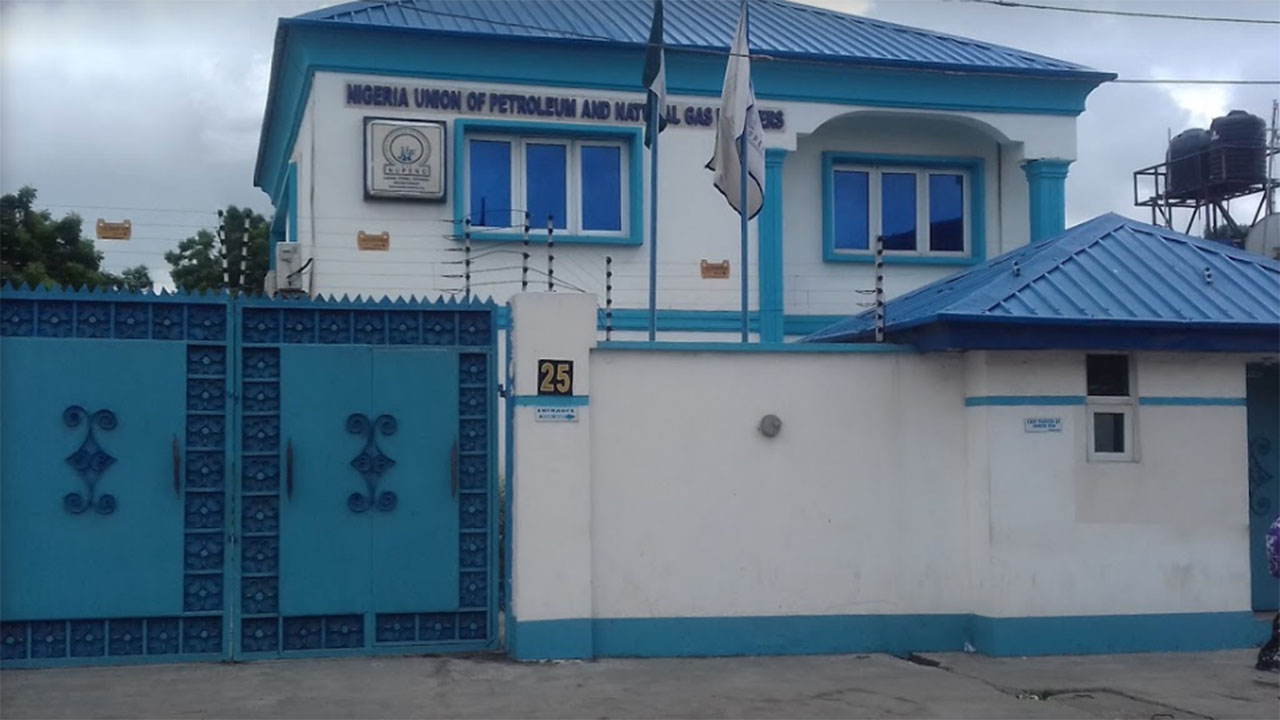The leadership of the Consumer Protection Council (CPC) has advised Nigerians to ignore the viral video trying to suggest that Unilever’s Blue Band Spread is not safe.
The CPC in a statement averred that the products inability to melt under heat does not make it or any other spread unsafe for consumption.
In a statement, the federal agency observed that the video, or the impression it conveyed, had become the subject of anxiety and intense controversy as it suggested that the product was unsafe, because it did not melt or dissolve when subjected to high temperature in boiling water.
The statement issued by the Director-General, Mr. Babatunde Irukera, made it clear that available scientific information confirmed that though butter, margarine and spread appeared analogous and shared similar components, characteristics and uses, they were different products available to consumers.
CPC said “Butter and margarine share a particular similar characteristic – low resistance to heat. As such, both are likely to melt when subjected to certain levels of heat. Spreads, however, have varying heat resistance, depending on intended use and production process. As a result, it is not necessarily unsafe that a spread does not melt under similar heat conditions as butter, or margarine.”
“Spreads are produced in part by adding emulsifiers, which are additives used in stabilising and binding processed foods. They are not inherently unsafe or uncommon. The specific emulsifying agent and amount used largely depend on many factors, including shelf life, storage, handling and climatic conditions in order to prevent microbial activity.”
Before now, Unilever had clearly explained the issue in a statement by the management, saying the safety of the product remains guaranteed.
It would be recalled by Business Hilights that the CPC had gone ahead to open an inquiry to determine the safety of the Blue Band spread and clarify some aspects of the manufacturer’s statements.
The DG stressed that “The purpose of the inquiry is to ensure the products, differentiated or otherwise, are safe and subjected to proper processes and in-trade handling consistent with the different properties and characteristics of each product.
“The council continues to collaborate with National Agency for Food and Drug Administration and Control (NAFDAC) and the Standards Organisation of Nigeria (SON) regarding applicable safety standards, but advises that consumption of butter, margarine or spreads generally is not unsafe.”
The product had been and is still a leading brand of spread in Nigeria and African market for years.









